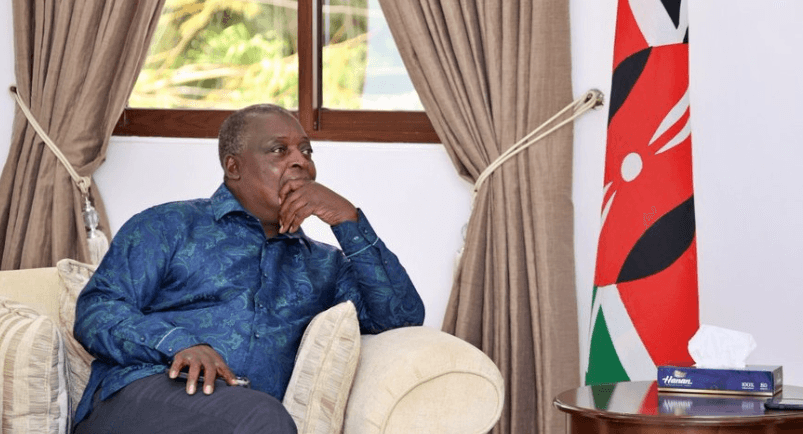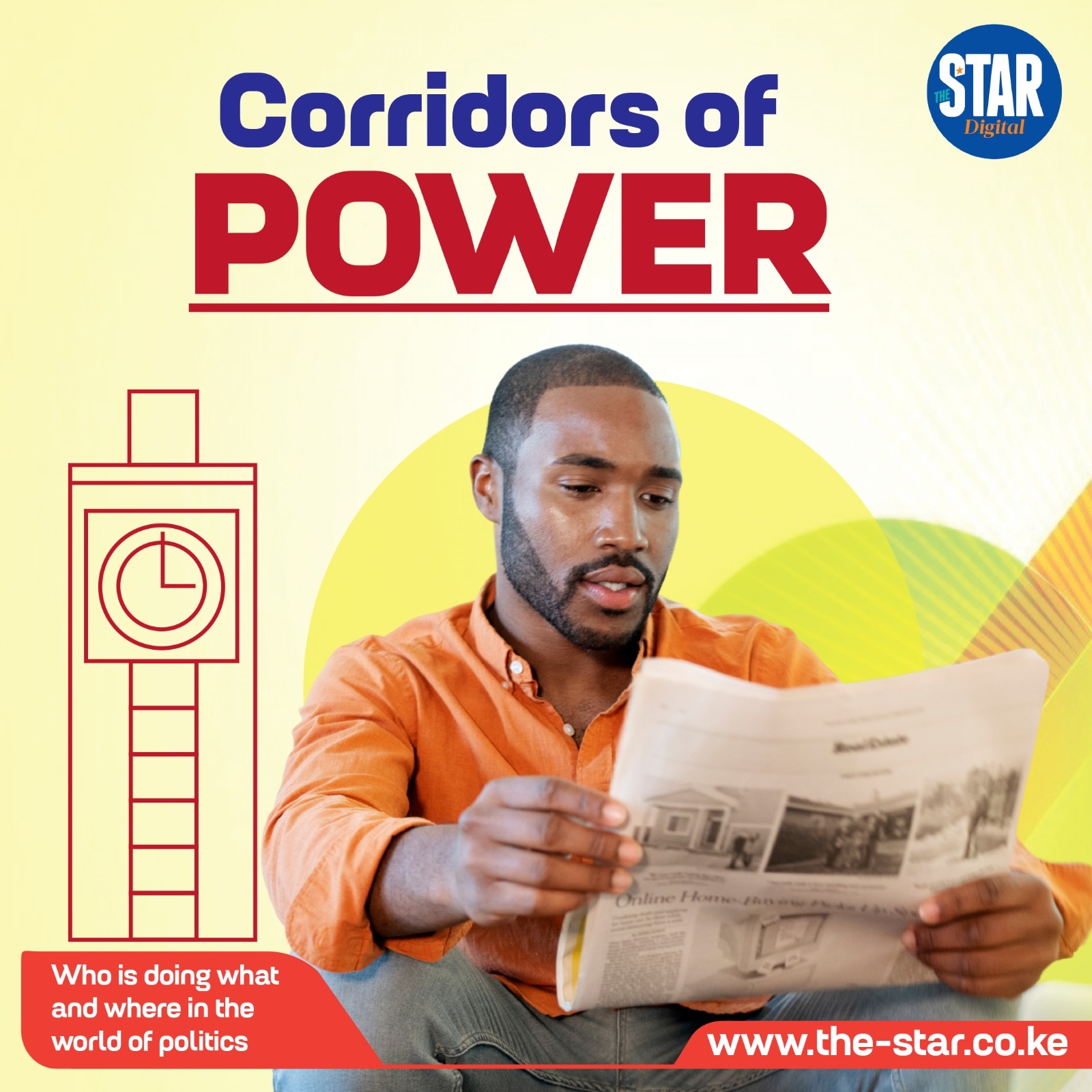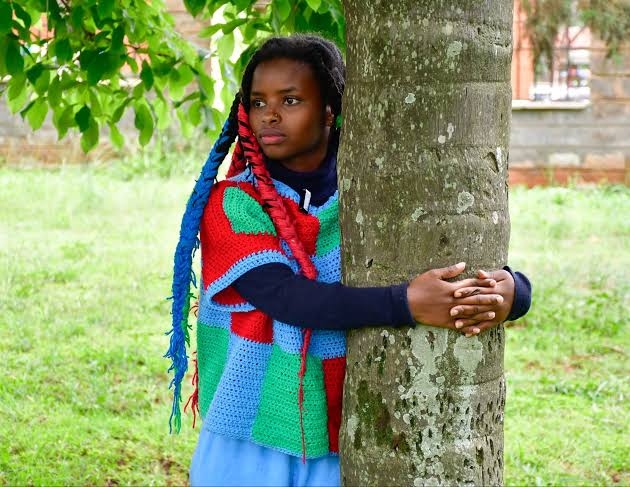The government should develop policies to improve women in artisanal mining sector's access to business capital, a new study has shown.
The study by Kenya Land Alliance said the policies will help streamline the sector and lift women in the industry out of poverty.
It says banks still consider artisanal mining illegal, denying women access to credits to start their own businesses.
The study, dubbed, Women in Artisanal Mining in Kenya: Economic Challenges and Opportunities was released on Wednesday by the alliance and the Kenya Lands Commission Chairman Gersho Otachi.
“They need financing to buy, lease sites, buy processing equipment, add value, market, and sell their products,” it says.
It was conducted in Migori, Kakamega, Kwale, Turkana and West Pokot counties.
“Most of the women miners are exposed as they do not have protective gear,” Kenya Land Alliance CEO Alubbe said.
Kenya is endowed with minerals such as gold, copper, soda ash, fluorspar, titanium and manganese.
This is in addition to iron ore, diatomite, chromite, limestone, and silica, among others.
The sector contributes 0.4 per cent of the country's Sh1.03 trillion GDP.
The sector is estimated to directly employ 140,000 people.
The study said more than 80 percent of women interviewed go to the mining sites just to earn enough to feed themselves and their children.
This means that they are not mining for economic empowerment.
When conducting the study, researchers utilised information obtained through desktop reviews of available data and field visits to the mining sites. Face-to-face interviews were also undertaken.
“Lack of ownership or control over mining sites hampers women's economic empowerment," it said.
"There is also little recognition of women in almost all spheres of the artisanal mining value chain. This includes the artisanal mining committee under the Mining Act, 2016."
Part II of the Mining Act 2016 entrusts the ownership of minerals to the Republic of Kenya.
Mineral laws specify that every mineral is the property of the Republic and is held by the national government on behalf of the people of Kenya.
The study says women's representation in artisanal mining decision-making is a major challenge and that there is no data on their representation.
It said lack of a standalone artisanal mining policy to effectively guide the operations of the sector remains an impediment.
“Licensing issues present a major systemic challenge. The Mining Act prohibits artisanal mining operations without a mining permit,” the study said.
It said some of the norms also prohibit women from mining since they are considered physically weak.
The study revealed that mining is destructive to the environment and resources such as water.
The county mining committee is established under Section 94 of the Mining Act to assist the Directorate of Mines in managing artisanal mining activities in counties together with the county office.
It advises the county representative of the Director of Mines in the granting, renewal, or revocation of artisanal permits.
According to the study said mining should be fully devolved to counties to spur economic growth.
“Investments in road, water, and health facilities and artisanal mining areas could be instrumental in economically empowering women artisanal miners,” it said.
The study recommended streamlining and supporting the licensing process and developing an inventory of minerals on unregistered community land.
This is in addition to developing regulations for the grant of prospecting and mining rights over community land to impact women.
It also wants the Mining Act amended to include women in artisanal mining committees and access to finance.
















